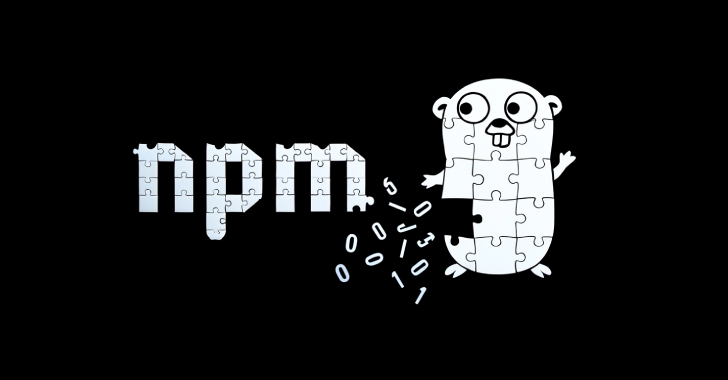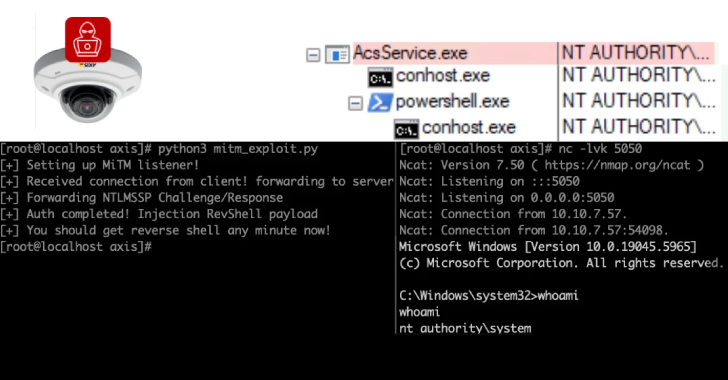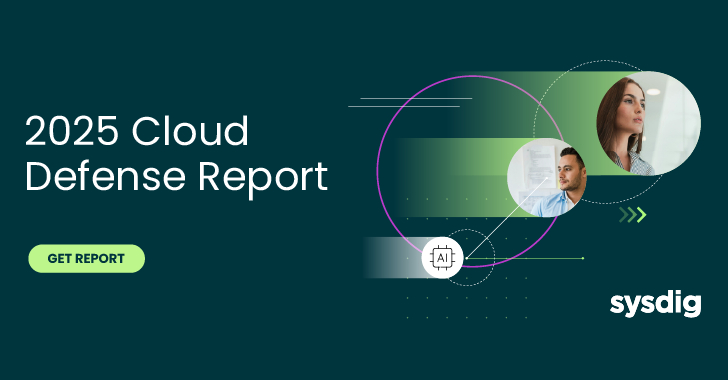With the evolution of modern software development, CI/CD pipeline governance has emerged as a critical factor in maintaining both agility and compliance. As we enter the age of artificial intelligence (AI), the importance of robust pipeline governance has only intensified. With that said, we’ll explore the concept of CI/CD pipeline governance and why it’s vital, especially as AI becomes increasingly prevalent in our software pipelines.
What is CI/CD Pipeline Governance?
CI/CD pipeline governance refers to the framework of policies, practices, and controls that oversee the entire software delivery process. It ensures that every step, from the moment the code is committed to when it’s deployed in production, adheres to organizational standards, security protocols, and regulatory requirements.
In DevOps, this governance acts as a guardrail, allowing teams to move fast without compromising on quality, security, or compliance. It’s about striking the delicate balance between agility and control, ensuring that the rapid pace of DevOps doesn’t lead to increased risks or compliance violations.
Governance frameworks encompass various aspects such as access control, change management, security checks, quality assurance, and comprehensive audit trails throughout the automated delivery process. They provide a structured approach to managing risks, ensuring consistency, and adhering to both internal standards and external regulations.
Why Pipeline Governance is Important
Modern software systems often handle vast amounts of sensitive data, and pipeline governance ensures that data handling practices throughout the development and deployment process adhere to regulations such as GDPR, CCPA, or industry-specific standards. As systems become more complex and interconnected, the need for transparency and explainability grows.
Pipeline governance provides the necessary mechanisms to track the development and deployment of software, ensuring that there’s a clear audit trail of how systems were built, tested, and put into production. This traceability is crucial when demonstrating compliance to regulators or explaining system behaviors to stakeholders.
Ethical considerations in software development have also come to the forefront in recent years. Pipeline governance can incorporate checks to ensure systems are developed and deployed in line with ethical guidelines and organizational values. This might include tests for bias, fairness, and potential negative impacts on different user groups.
How AI Makes Things Interesting
In the age of AI, the importance of robust CI/CD pipeline governance has amplified significantly. AI systems often involve complex algorithms, vast amounts of data, and can have far-reaching impacts on users and businesses. As AI systems become more autonomous in decision-making, the need for transparency and explainability grows. The rapid evolution of AI technologies also necessitates strong governance to manage frequent updates and changes without compromising on compliance or security.
Pipeline governance ensures that each iteration goes through the necessary checks and balances before being deployed. Having a strong governance framework allows organizations to quickly adapt their pipelines to new compliance requirements. This agility in compliance is crucial in a field where regulations are still catching up with technological advancements.
CI/CD Pipeline Governance Best Practices
Implementing effective CI/CD pipeline governance in the age of AI requires a multifaceted approach. It starts with establishing clear policies outlining compliance requirements, security standards, and ethical guidelines for AI development. These policies should be embedded into the pipeline through automated checks and gates.
Leveraging advanced automation tools for continuous compliance checking throughout the pipeline is essential. These tools can scan code for vulnerabilities, check for adherence to coding standards, and even analyze AI models for potential biases or unexpected behaviors.
Robust version control and change management processes are also crucial components of pipeline governance. They ensure that every change to the codebase or AI model is tracked, reviewed, and approved before progressing through the pipeline.
We can’t forget logging and auditing. Comprehensive logging and monitoring of all pipeline activities provide the necessary audit trails for compliance demonstration and post-incident analysis. In the context of AI, this extends to monitoring deployed models for performance drift or unexpected behaviors, ensuring ongoing compliance post-deployment. Regular audits and reviews of the pipeline itself are also necessary to identify areas for improvement and ensure the governance framework remains effective as technologies and regulations evolve.
Perhaps most importantly, fostering a culture of compliance and security awareness among development teams is crucial. In the DevOps world, where developers have increasing responsibility for the entire software lifecycle, ensuring they understand and prioritize compliance is key to effective governance.
To help you get started, we recommend that you download Data Governance Best Practices for Software Delivery. Organizations that prioritize and implement effective pipeline governance will be well-positioned to leverage the full potential of AI while managing associated risks and compliance challenges. This ebook will help you on your journey to innovate rapidly while maintaining compliance with regulatory requirements and organizational standards.
Found this article interesting? This article is a contributed piece from one of our valued partners. Follow us on Twitter and LinkedIn to read more exclusive content we post.







